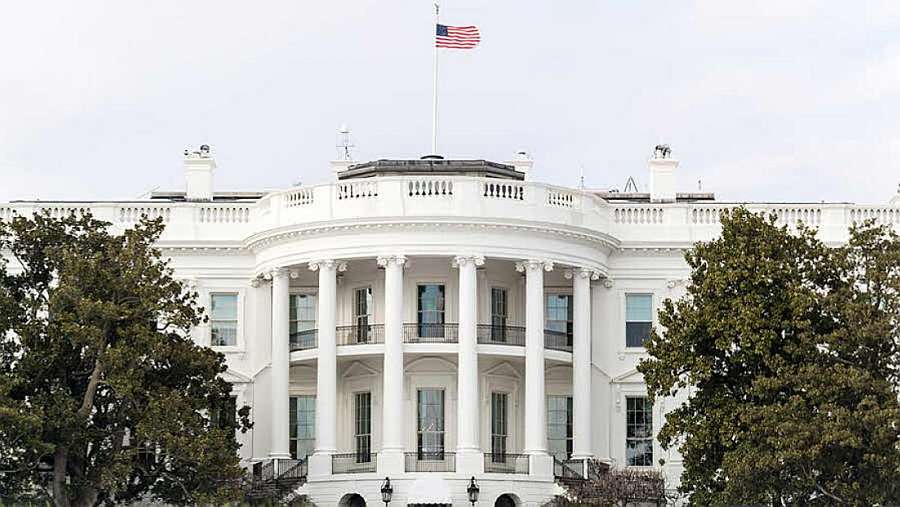Coalition Pitches Preservation of Music Licensing Consent Decrees
Said new administration should not re-open review of those decrees

The smarter way to stay on top of the multichannel video marketplace. Sign up below.
You are now subscribed
Your newsletter sign-up was successful
Fans of the Department of Justice consent decrees on music licensing organizations--those fans include broadcasters and computer companies--have called on the Biden Administration and Congress to keep the decrees in place.
In letters to the President and House and Senate leaders, the MIC Coalition said its priority is a functioning music marketplace, which hinges on "an efficient, equitable and transparent music licensing system," which in turn hinges on the consent decrees.
"Millions of businesses and tens of thousands of songwriters rely upon the competitive protections and market efficiencies guaranteed through these decrees," they told Biden and the legislators.
After a lengthy review of the decrees during the Trump Administration, the Justice Department decided not to recommend lifting the decrees--which a court would have to do, citing the benefits of the decrees, the lack of consensus on lifting them, as well as the fact that, because of COVID-19, Justice was not able to engage in more granular discussions of key issues.
The coalition pointed out that the decrees have been reviewed under the two previous administrations, Democrat and Republican, and the decision was not to lift them.
The two music licensing consent decrees, which apply to BMI and ASCAP, allow music users--like broadcasters and online streaming servcies--to secure a blanket license for music rights rather than having to negotiate individually for them.
Also Read: Justice Launches Official BMI/ASCAP Consent Decree Review
The smarter way to stay on top of the multichannel video marketplace. Sign up below.
The ASCAP/BMI decrees were the result of the Justice Department's concerns about the power music licensing organizations had by virtue of controlling those music rights, and were meant to encourage competition.
The coalition warned against any tweaking of the decrees as well--like rightsholder selective withdrawal or fractional licensing. "Weakening either decree would undoubtedly expose a countless number of licensees to anticompetitive pricing and jeopardize the financial solvency of a considerable number of small businesses that often serve as the economic lifeblood for local communities throughout the country."
MIC Coalition members include the National Association of Broadcasters, the Computer & Communications Association and the Consumer Technology Association.
Contributing editor John Eggerton has been an editor and/or writer on media regulation, legislation and policy for over four decades, including covering the FCC, FTC, Congress, the major media trade associations, and the federal courts. In addition to Multichannel News and Broadcasting + Cable, his work has appeared in Radio World, TV Technology, TV Fax, This Week in Consumer Electronics, Variety and the Encyclopedia Britannica.

